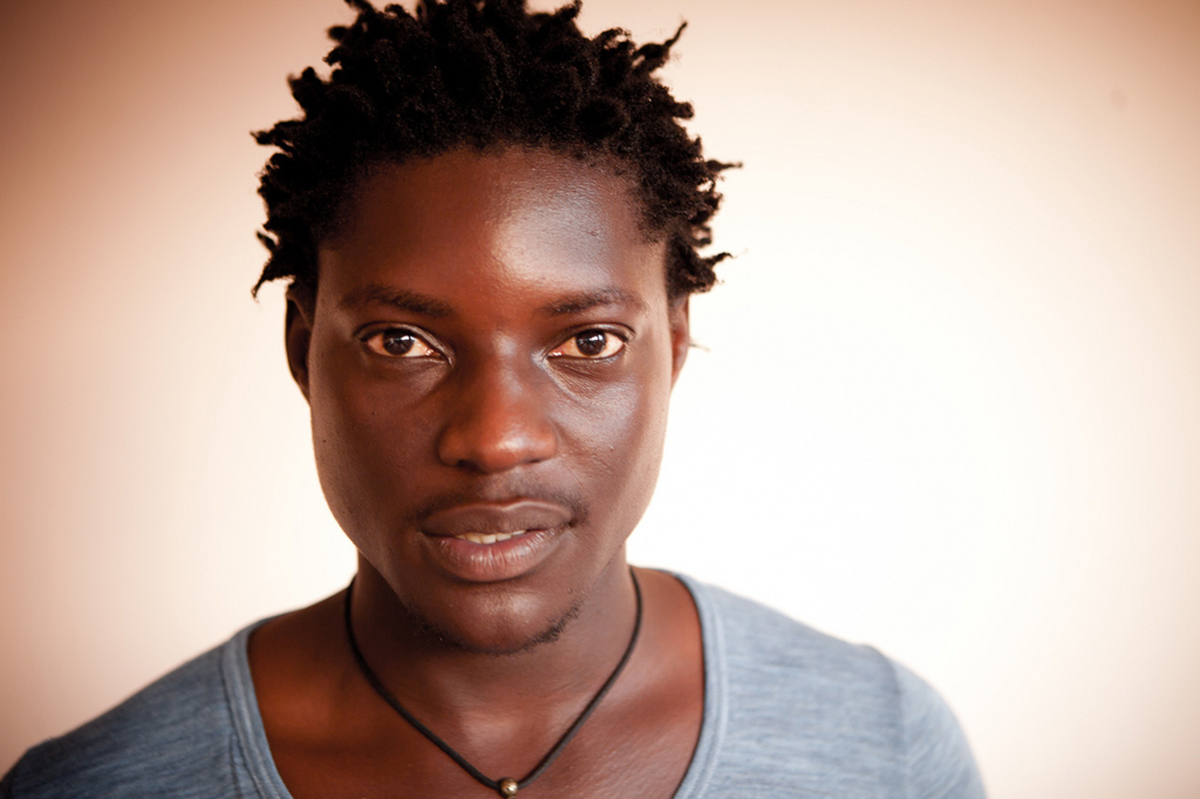Table of Contents
Paler-skinned dark actors have an easier time finding work than their darker-skinned counterparts, as you have probably heard. Did you also know that research shows teachers respond better to lighter-skinned dark kids, that paler women are more likely to marry a spouse with a higher income and more education, and that lighter-skinned back people in the US are more likely to get jobs? It gets worse. Yes, that's possible. Paler black people, when convicted of a crime, serve shorter sentences on average than their darker brothers and sisters!

Though the history of reasons for which white people wanted to look either darker or lighter are indeed infused with class politics, the reasons for which black people — especially, but not only, women — want to look paler is so much more complex. It goes back to the time of slavery, when paler-skinned black people, who were often of mixed race because they were the products of rape by white slave owners, were treated more favorably.
Colorism is also prevalent in India, where the "Unfair and Lovely" campaign was just launched to empower darker women to embrace their skin. The campaign is a stab at "Fair and Lovely", a popular skin lightening brand there. The origins of Indian colorism can be found both in its traditional caste system and the trappings of British colonialism.
How safe are these skin lightening products, though? Not at all. Take anti-melanin products, which are one form of skin lightening. "Melanin is produced by melanocytes to protect the DNA of our skin from sun damage. Excessively reducing this concentration of melanin may increase the risk of skin cancers," Dr Bav Shergill of the British Skin Foundation shared. Other creams contain hydroquinone and mercury, banned for skincare purposes in the European Union but not in many other parts of the world. These products can cause severe irritation, itchy rashes, and permanent skin damage.
READ The Top Ten Tips for Healthier Tanning
For how much longer are we going to harm our bodies and hide away our ancestry in the name of beauty and social acceptance?
- Photo courtesy of wigo18a: www.flickr.com/photos/wigo18a/16386759905/
- Photo courtesy of wigo18a: www.flickr.com/photos/wigo18a/16386759905/
- Photo courtesy of IIJ Events by Flickr: www.flickr.com/photos/47974335@N06/17189762190/
- Photo courtesy of kk: www.flickr.com/photos/kk/5619700053/
- www.sironabiochem.com/products/skinlightening/
- www.theguardian.com/sustainable-business/blog/skin-whitening-cream-dark-side-beauty-industry
- www.self.com/trending/2016/03/the-unfair-and-lovely-campaign-is-embracing-darker-skin-tones/
- www.skincancer.org/skin-cancer-information/ask-the-experts/self-tanners
- news.bbc.co.uk/2/hi/6101740.stm
- news.google.com/newspapers?nid=950&dat=19850618&id=MekLAAAAIBAJ&sjid=xlkDAAAAIBAJ&pg=2906,369659&hl=en
- afritorial.com/why-the-obsession-with-lighter-skin/
- scholar.harvard.edu/jlhochschild/publications/skin-color-paradox-and-american-racial-order


Your thoughts on this